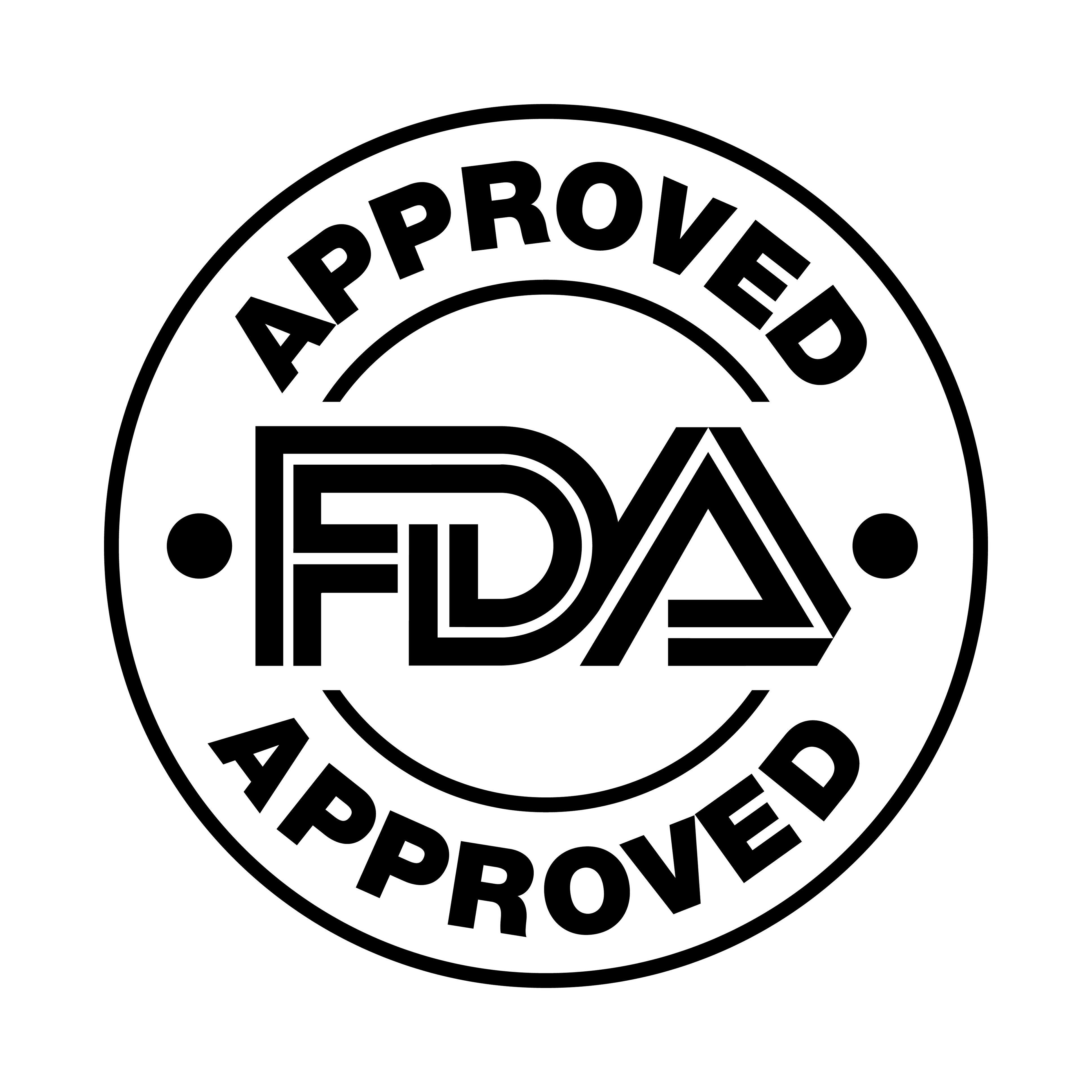Key takeaways:
- The FDA has approved benralizumab (Fasenra) as an add-on maintenance therapy for severe asthma in children aged 6 - 11 years.
- Benralizumab is a monoclonal antibody that binds to IL-5 receptor alpha on eosinophils, leading to eosinophil depletion.
- The approval follows the TATE study, which assessed benralizumab's safety profile in 6 - 11 year-olds with severe eosinophilic asthma and demonstrated positive results in terms of pharmacokinetics, pharmacodynamics, and safety.
AstraZeneca has announced that the FDA's latest approval of benralizumab (Fasenra) as an add-on maintenance therapy among patients with severe asthma and within the age range of 6 - 11 years.
Asthma is prevalent among children and often results in severe symptoms such as breathing difficulties, leading to many negative results and generally reduced quality of life, with severe asthma being the most challenging to manage. Benralizumab is a monoclonal antibody which binds to IL-5 receptor alpha directly on eosinophils and then leads to swift blood and tissue eosinophil depletion among most individuals through apoptosis.
“We welcome additional treatment options for children living with severe asthma, a condition that remains complicated to manage, further helping to address the unmet need in this patient population and reducing the burden of disease for the broader asthma community,” Allergy & Asthma Network CEO Lynda Mitchell, said in a statement.
The FDA’s approval of benralizumab for asthma patients in this age range, with an eosinophilic phenotype, follows the initial 2017 approval of the drug in individuals 12 years and older with severe eosinophilic asthma (SEA).
The TATE study, which led to the newest approval, had been an open-label, non-randomized, multinational, parallel assignment design trial. The study had assessed benralizumab’s safety profile among 28 children in the 6 - 11 year age range with severe eosinophilic asthma.
The investigators of TATE assessed the pharmacokinetics (PK) and pharmacodynamics (PD) and safety of the drug as a subcutaneous treatment among both American and Japanese children in the age range, as well as 2 who had been aged 12 to 14 years in Japan and had severe eosinophilic asthma over 48 weeks.
The primary endpoints of the trial ended up being met, with the treatment demonstrating PK, PD, and safety among those with SEA. These data had also been consistent with that of previous trials, including data on safety and tolerability.
The AstraZeneca announcement noted that benralizumab’s recommended dosage is set at 30 mg for those aged 6 years and above who also weigh 35 kg or more. Among the 6 - 11 age range who also weigh less than 35 kg, the announcement referenced a new 10 mg dosage which is available.
The drug’s administration for patients requires subcutaneous injections over the course of every 4 weeks initially, and this is later followed by an 8-week treatment interval.
Liz Bodin, the vice president of US Respiratory & Immunology at AstraZeneca, expressed her own pride in benralizumab’s impact, noting its benefits to more than 100,000 US patients thus far. The new extension for children with severe eosinophilic asthma, Bodin noted, represents a substantial advancement in the enhancement of asthma management.
Reference:
FASENRA approved for treatment of children aged 6 to 11 with severe asthma. AstraZeneca. April 11, 2024. https://www.astrazeneca-us.com/media/press-releases/2024/fasenra-approved-for-treatment-of-children-aged-6-to-11-with-severe-asthma.html. Date accessed: April 11, 2024.
This article was initially published by our sister publication, HCP Live®.
